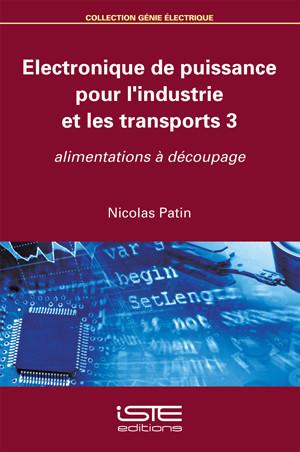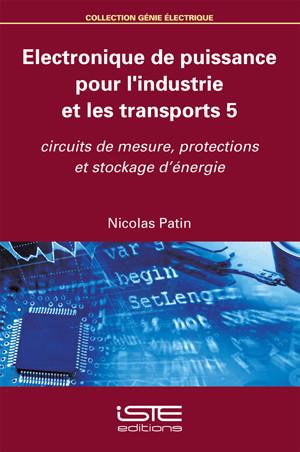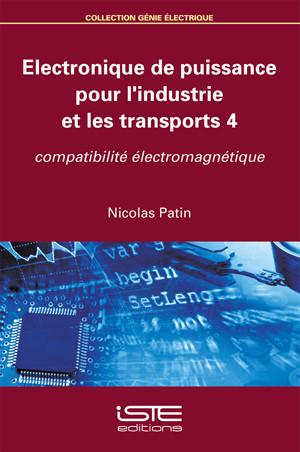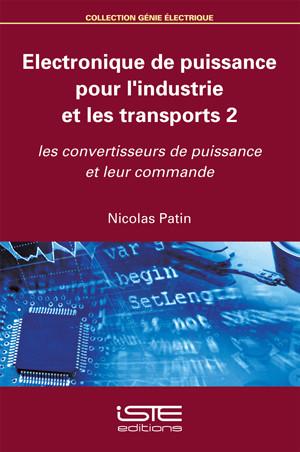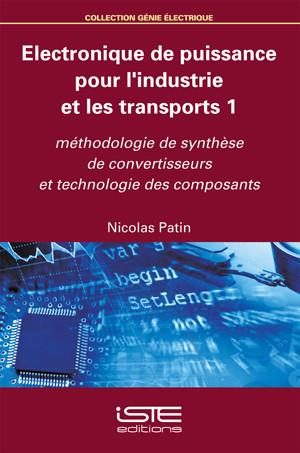
Some power converters are specifically designed for supplying various pieces of equipment (such as microprocessor boards) with a constant voltage. As a consequence, these filtering requirements involve the use of auxiliary passive components (coils and capacitors). This is one of the key parts of the subjects discussed in this book. Moreover, this volume deals with […]
Some power converters are specifically designed for supplying various pieces of equipment (such as microprocessor boards) with a constant voltage. As a consequence, these filtering requirements involve the use of auxiliary passive components (coils and capacitors). This is one of the key parts of the subjects discussed in this book.
Moreover, this volume deals with other technical aspects of switch-mode power supplies (SMPS) such as galvanic insulation with two categories of DC/DC converters (non-isolated and isolated). The soft switching concept is also introduced through a particular example of a resonant converter. Then, the methodology developed by Middlebrook et al. is used to establish transfer functions of various SMPS thus allowing the design of closed-loop controls for such converters.
Finally, a case study illustrates the complete design methodology from a specification sheet up to a Printed Circuit Board (PCB) including not only passive and active components of a Flyback converter but also voltage/current sensors that allow the galvanic insulation of the power converter to be preserved.
The author proposes a case study of an isolated converter (Flyback) for which the complete design is presented: the active and passive components are chosen based on the specifications initially set. Particular attention is given to the converter output capacitors and all the surrounding components.
1. Non-Isolated Switch-Mode Power Supplies.
2. Isolated Converters.
3. Resonant Converters and Soft Switching.
4. Converter Modeling for Control.
5. Case Study – The Flyback Power Supply.

